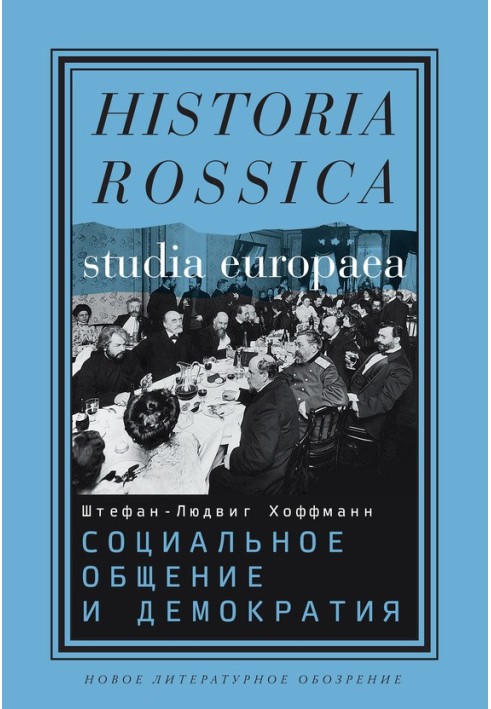Social communication and democracy. Associations and civil society in transnational perspective, 1750-1914
 Instant download
Instant download
after payment (24/7)
 Wide range of formats
Wide range of formats
(for all gadgets)
 Full book
Full book
(including for Apple and Android)
What do voluntary public associations mean for democracy? This issue has been the subject of intense debate since the collapse of state socialism and the gradual abandonment of the Western model of the welfare state, a debate centered around the concept of “civil society.” The answer may be found in looking back to the “golden age” of community organizing between the Enlightenment and the First World War. Political theorists from Alexis de Tocqueville to Max Weber, as well as lesser-known practitioners from Boston to St. Petersburg, believed that a society without voluntary association would inevitably slide into despotism. The focus of this study is social practice in different countries and regions (Russia, German states, including Austria-Hungary, France, the British Empire, the USA), which often arose under the influence of general ideas, but political consequences could have the opposite.
Data sheet
- Name of the Author
- Штефан-Людвиг Хоффманн
- Language
- Russian
- Translator
- Денис Анатольевич Сдвижков
Юрий В. Коряков













